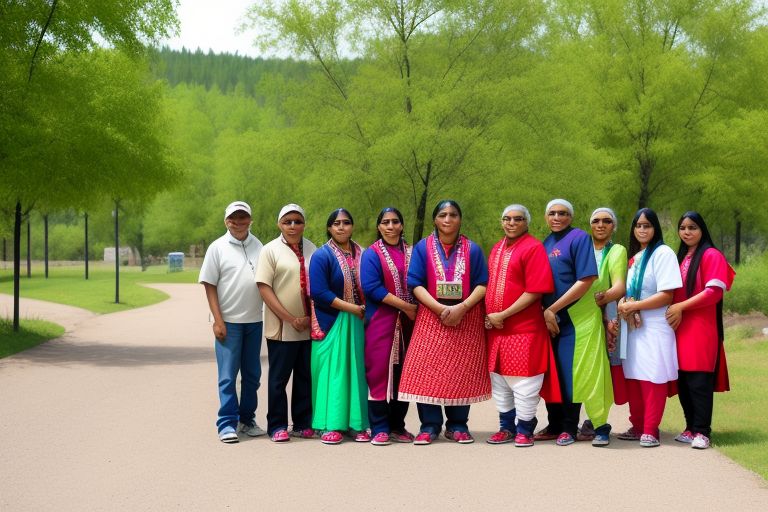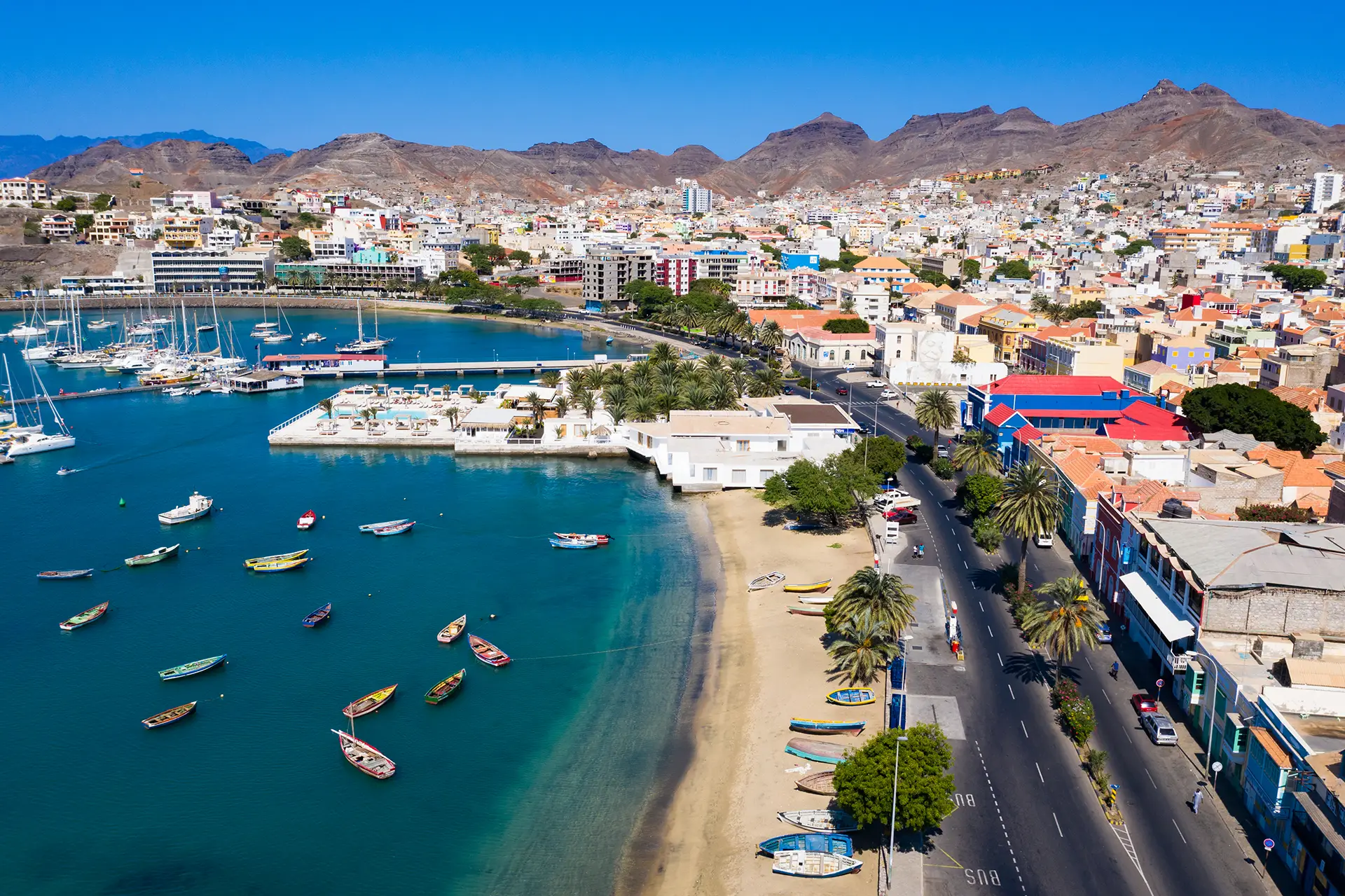Introduction
India is a vibrant and diverse country with a rich cultural heritage, breathtaking landscapes, and a thriving economy. However, like any destination, it comes with certain health risks that travelers should be aware of. Being informed and prepared can help ensure a safe and healthy journey.
If you are planning a trip to India, make sure you have the necessary travel documents. Check the requirements for the INDIAN VISA FOR SALVADORAN CITIZENS and INDIAN VISA FOR EQUATOGUINEAN CITIZENS before your visit.
Common Health Risks in India
1. Food and Waterborne Illnesses
One of the most common health risks in India is food and water contamination, which can lead to digestive problems such as traveler’s diarrhea, typhoid, or cholera. Street food, unfiltered water, and raw produce can be potential carriers of bacteria and viruses. INDIAN VISA FOR SALVADORAN CITIZENS
How to Stay Safe:
- Drink only bottled or filtered water.
- Avoid ice cubes unless made from purified water.
- Eat freshly cooked food and avoid raw salads or unpeeled fruits.
- Wash your hands frequently or use hand sanitizers.
2. Mosquito-Borne Diseases
Diseases like malaria, dengue fever, and chikungunya are prevalent in certain regions of India, especially during the monsoon season. These illnesses are transmitted through mosquito bites and can cause fever, joint pain, and severe fatigue.
How to Stay Safe:
- Use mosquito repellent with DEET or natural alternatives like citronella.
- Wear long-sleeved clothing and cover exposed skin.
- Sleep under mosquito nets if staying in rural areas.
- Choose accommodations with air conditioning or screened windows.
3. Air Pollution and Respiratory Issues
Air pollution is a significant health concern in major cities like Delhi, Mumbai, and Kolkata. Poor air quality can lead to respiratory problems, especially for those with asthma or pre-existing lung conditions.
How to Stay Safe:
- Wear an N95 mask in highly polluted areas.
- Avoid outdoor activities during peak pollution hours.
- Stay in accommodations with air purifiers.
- Monitor air quality apps before heading outdoors.
4. Heat-Related Illnesses
India’s climate can be extremely hot, particularly in summer. Heat exhaustion and dehydration are common issues for travelers, leading to dizziness, headaches, and fatigue.
How to Stay Safe:
- Stay hydrated by drinking plenty of water.
- Avoid direct sunlight during peak afternoon hours.
- Wear light, breathable clothing and use sunscreen.
- Take breaks in shaded or air-conditioned areas.
5. Rabies and Animal Bites
India has a significant population of stray dogs and monkeys, which can sometimes be aggressive. Rabies is a fatal disease transmitted through animal bites and scratches.
How to Stay Safe:
- Avoid contact with stray animals.
- If bitten or scratched, wash the wound immediately with soap and water and seek medical attention.
- Consider a pre-exposure rabies vaccine if traveling to remote areas.
6. COVID-19 and Other Infectious Diseases
While India has largely recovered from the COVID-19 pandemic, travelers should still take precautions against infectious diseases, including seasonal flu and tuberculosis.
How to Stay Safe:
- Keep up-to-date with vaccinations.
- Follow local health guidelines, including mask mandates if required.
- Maintain good hygiene and avoid crowded places when possible.
Vaccination and Health Precautions Before Traveling to India
Before visiting India, consult your doctor about necessary vaccinations. Some recommended vaccines include:
- Hepatitis A and B
- Typhoid
- Tetanus and diphtheria
- Rabies (if staying long-term or in rural areas)
- Japanese encephalitis (for extended stays in rural regions)
Medical Facilities and Health Insurance
India has world-class medical facilities, especially in urban areas. However, access to quality healthcare can be limited in remote locations. It is advisable to have travel health insurance that covers medical emergencies, hospitalization, and evacuation.
Why Proper Travel Preparation is Essential
A well-planned trip, with proper health precautions, can ensure a safe and enjoyable experience in India. Make sure to apply for the correct visa in advance. Check out the requirements for the INDIAN VISA FOR SALVADORAN CITIZENS and INDIAN VISA FOR EQUATOGUINEAN CITIZENS before your journey.
Conclusion
India is an incredible destination, but it’s important to be aware of potential health risks and take necessary precautions. By staying informed, following safety guidelines, and getting the required vaccinations, travelers can enjoy their trip to India without major health concerns. A little preparation goes a long way in ensuring a safe and enriching travel experience.
Would you like any adjustments or additional details?




